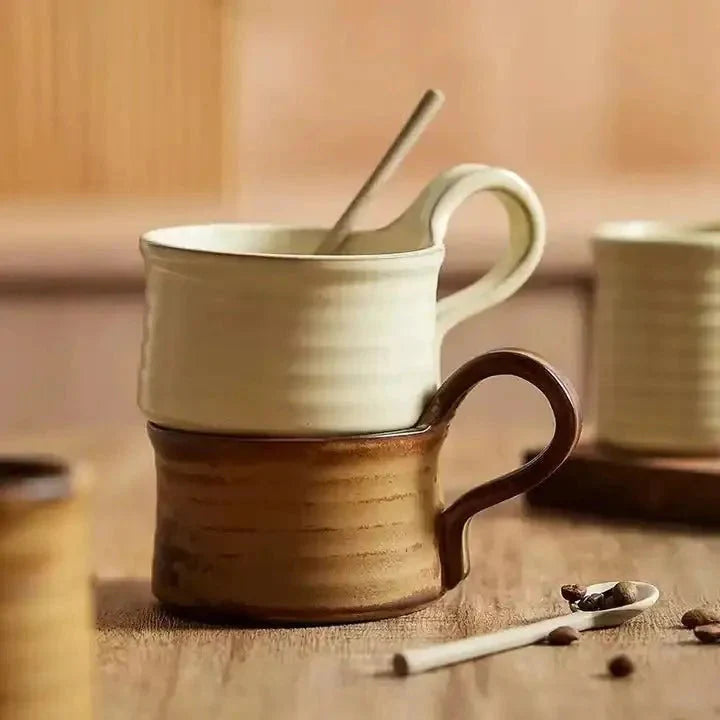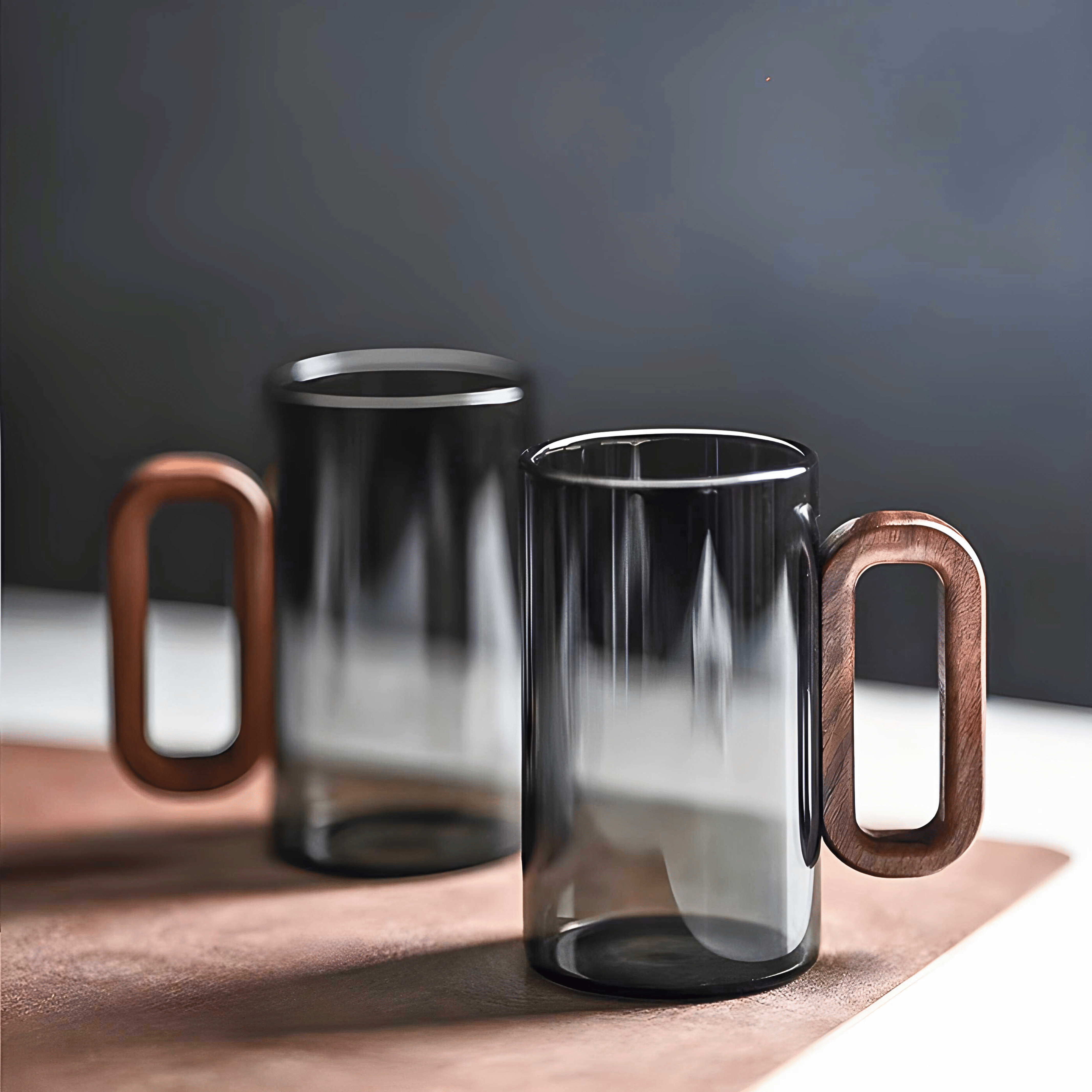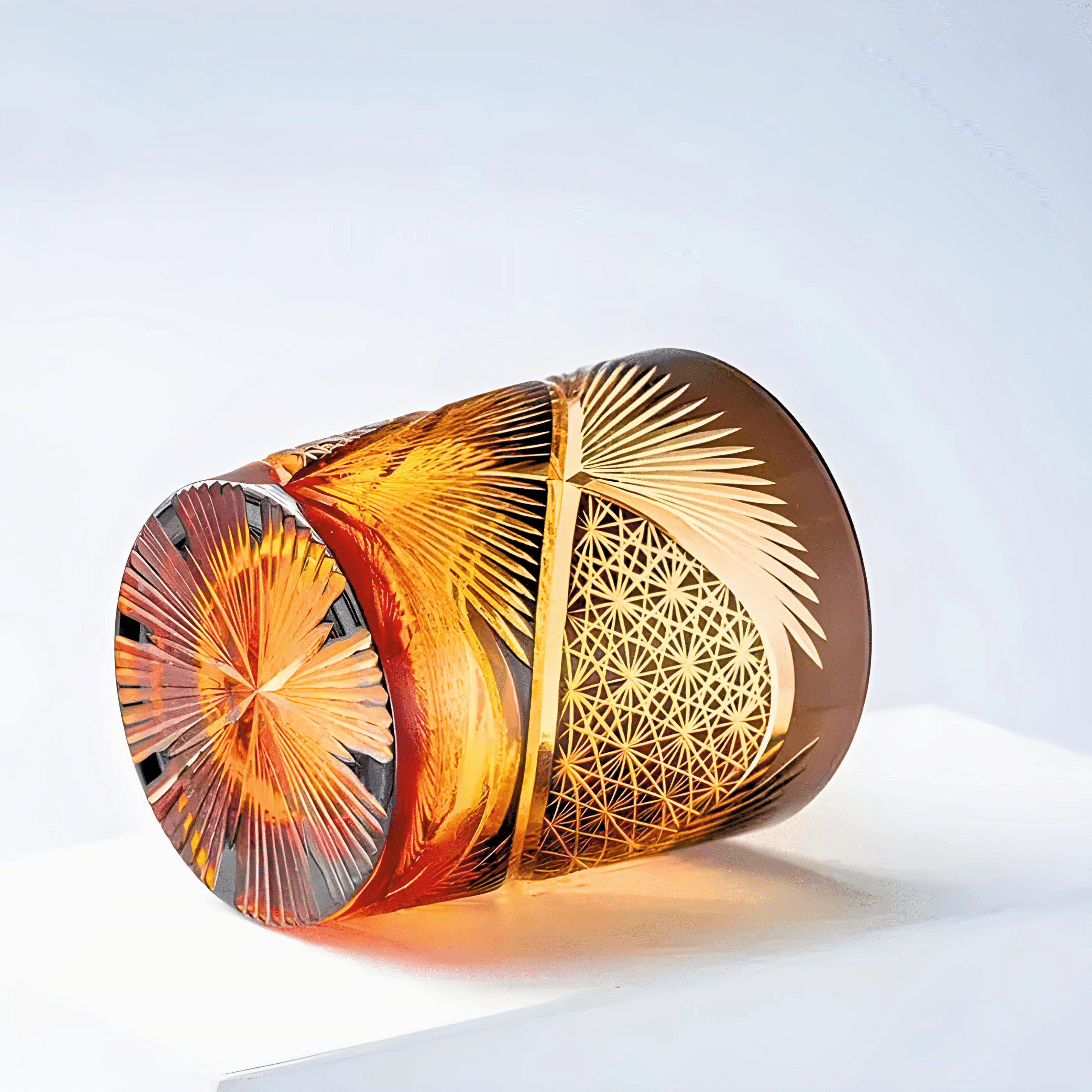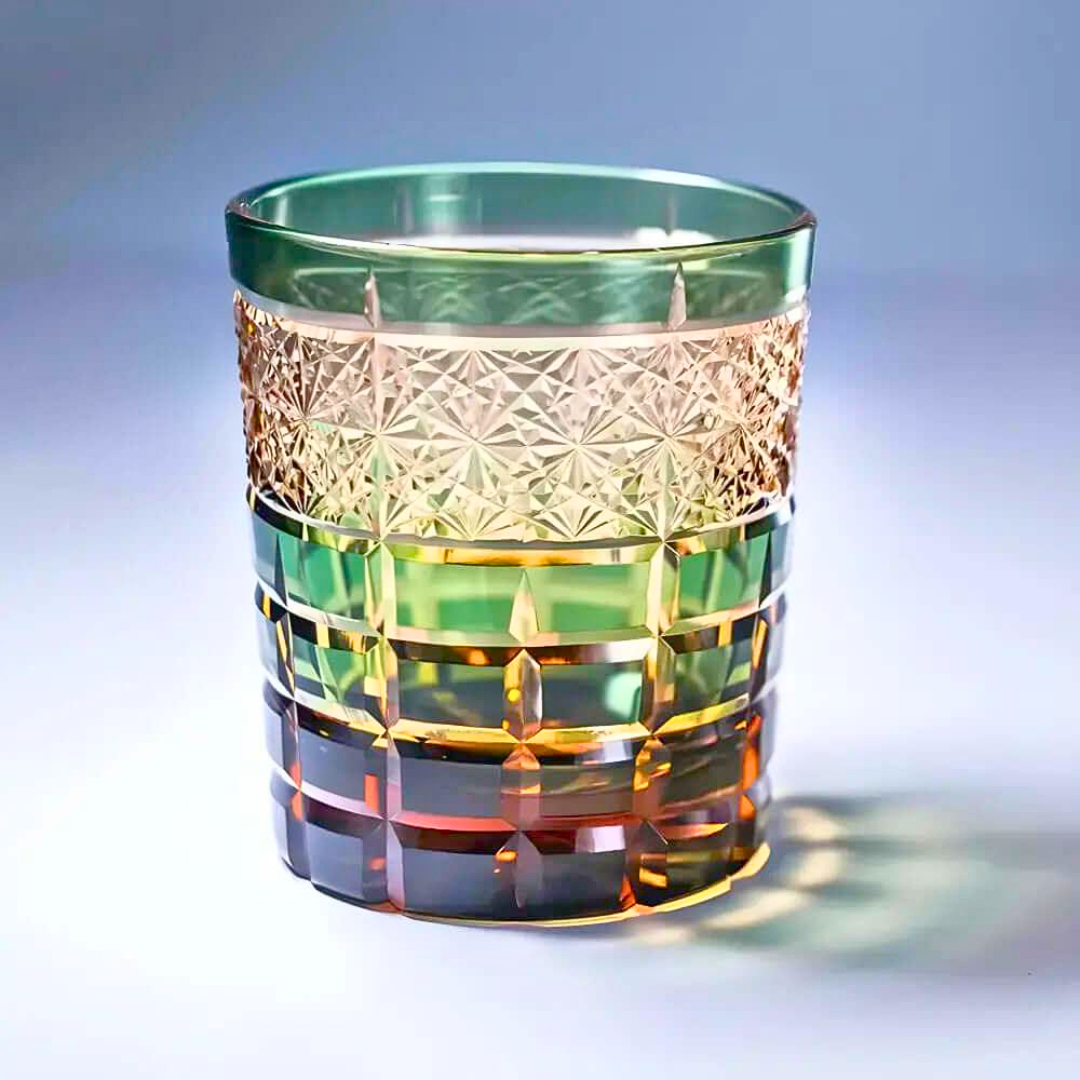For coffee enthusiasts, the choice of the coffee cup types is more than just a matter of aesthetics; it can significantly impact the overall coffee-drinking experience.
Whichever you prefer your coffee to-go, sipped slowly at home, or savored at your favorite café, the type of coffee cup you choose can make a difference.
We will explore the pros and cons of various coffee cup materials and styles, helping you find the best cup to put your coffee in.
Contents
Ceramic Coffee Cups
Pros:
- Excellent Heat Retention: Ceramic coffee cups retain heat exceptionally well, keeping your coffee warm for longer periods.
- Aesthetically Pleasing: They come in various shapes, sizes, and designs, making them a popular choice for home use and stylish cafes.
- Easy to Clean: Ceramic cups are usually dishwasher safe and easy to clean, making them a convenient choice for daily use.
Cons:
- Breakable: Ceramic cups are fragile and can easily break if dropped.
- Heavy: Some people find ceramic cups heavy and less suitable for travel or on-the-go coffee consumption.
Porcelain Coffee Cups
Pros:
- Lightweight: Porcelain cups are lighter than ceramic, making them a more portable option.
- Elegant Appearance: Porcelain cups often have a delicate and refined appearance.
- Heat Retention: While not as heat-retentive as ceramic, porcelain cups still keep coffee warm for a reasonable amount of time.
Cons:
- Fragile: Like ceramic, porcelain is prone to chipping or breaking if mishandled.
- Not as Insulating: Porcelain cups may not retain heat as effectively as ceramic cups, leading to quicker cooling of the coffee.
Glass Coffee Cups
Pros:
- Transparency: Glass cups allow you to appreciate the color and clarity of your coffee, especially if it's beautifully brewed.
- Heat Resistance: They are heat-resistant and won't absorb flavors or odors.
- Versatility: Glass cups are suitable for both hot and cold beverages.
Cons:
- Fragile: Just like ceramic and porcelain, glass cups can break if handled roughly.
- Limited Heat Retention: Glass doesn't retain heat as well as ceramic or porcelain, which means your coffee may cool down more quickly.
Stainless Steel Coffee Cups
Pros:
- Durability: Stainless steel cups are nearly indestructible and can withstand rough handling.
- Excellent Heat Retention: They excel at retaining heat, keeping your coffee hot for an extended period.
- Insulated: Many stainless steel cups are double-walled for better insulation, preventing condensation and maintaining the exterior's temperature.
Cons:
- Not Transparent: You can't see the contents of the cup without opening it.
- Metallic Taste: Some people claim that stainless steel cups can impart a metallic taste to the coffee.
Travel Mugs
Pros:
- Portability: Travel mugs are designed for on-the-go coffee drinkers, making them easy to carry.
- Heat Retention: Many travel mugs have excellent heat retention, keeping your coffee hot for hours.
- Spill-Proof: They often feature spill-proof lids, reducing the risk of messy accidents.
Cons:
- Bulkiness: Some travel mugs can be bulky and may not fit in all cup holders.
- Limited Aesthetics: Travel mugs prioritize function over form and may not have the same aesthetic appeal as ceramic or glass cups.
What Is the Best Cup to Put Coffee In?
The best cup to put coffee in ultimately depends on your personal preferences and usage scenarios. If you value aesthetics and enjoy sipping your coffee slowly at home, a ceramic or porcelain cup might be your best choice. For those who need a durable, heat-retaining option for on-the-go coffee, stainless steel travel mugs are a top pick. If you prefer to admire your coffee's visual appeal, opt for glass cups.
In the end, there's no one-size-fits-all answer to the question of the best coffee cup. Your ideal cup will be the one that complements your coffee-drinking habits and enhances your overall coffee experience.







